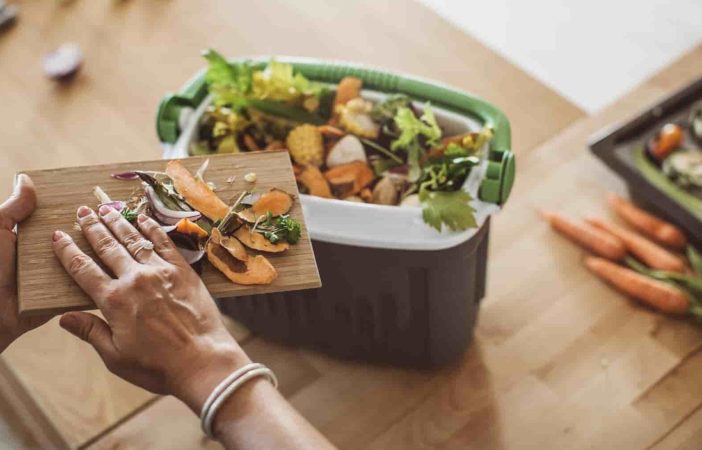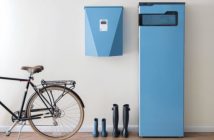Starting on the journey of recycling and environmentally friendly practices at home may seem daunting, but there are a variety of methods you can use to become an eco-warrior that goes beyond carpooling and collecting aluminum cans. Green living begins at home and recycling is easier than you may think – it’s all about doing what you can with what you have.
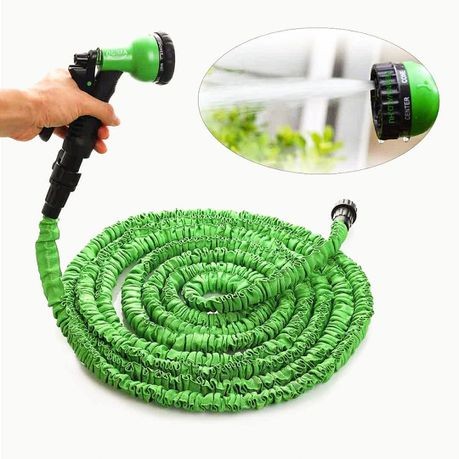
One great way to lighten your load on the environment is by converting your organic kitchen waste into nutrient-rich compost. There is no act too small to make a difference, and people generally underestimate how powerful recycling from home can really be. Reducing carbon emissions and keeping an eye on the use of materials such as plastic are two things that come to mind when considering the value of recycling.
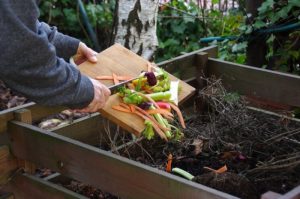
However, consumers typically don’t give food waste much thought, despite the fact that it significantly adds to total pollution. More than 30% of all waste is organic – even more, when considering food and garden waste – a percentage that can be reduced with a few simple actions at home. Home composting is taking off across the world and it’s never too late to start your composting efforts at home. If you’re a gardening enthusiast then it’s a no-brainer to start making your own compost at home, in addition to your other gardening efforts. Getting started is as simple as buying the right gardening tools and equipment.
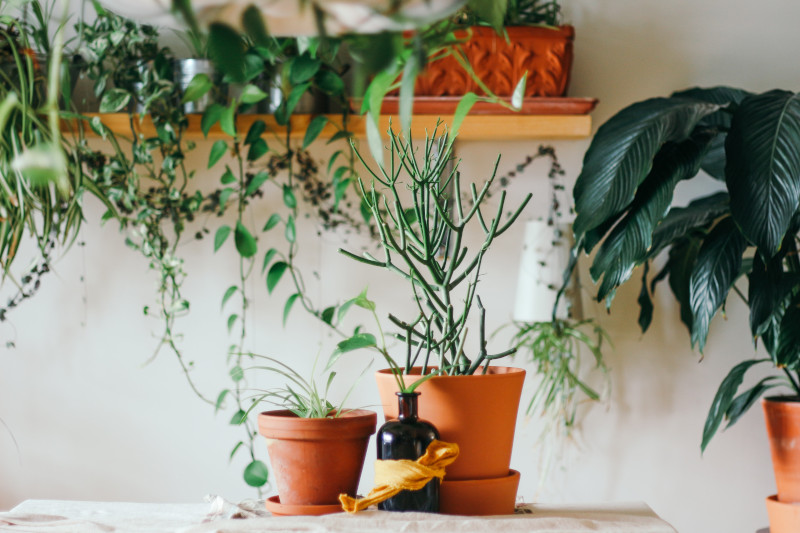
No one wastes food on purpose; sometimes it just happens, whether it’s from a lack of storage space, load shedding, not planning your food shop correctly, or throwing away scraps. In fact, around 10 million tons of food is wasted in South Africa every year. But not many people are aware that a lot of food products can be recycled! You can greatly reduce your waste at home by adopting this modest habit.
Here are five organic items you possibly didn’t know could be composted:
1. Fruits
It happens to the best of us, it’s fairly common to be rummaging in the refrigerator late at night, and you uncover a bag of bruised apples, and throw them out. But fruits like these, whether they are bananas or citrus, just the peels, or if they are raw, cooked, or even rotting, offer nutrients that are incredibly beneficial for your soil.
PriceCheck tip: Transform your garden from an empty space to a hangout area with some amazing outdoor furniture, which you can hunt down on PriceCheck.
2. Coffee grounds
Yes, your morning coffee can help the environment become cleaner. Coffee does more than just keep you alert during long workdays! Coffee beans contain nutrients and acids that are excellent for compost, some of which you may feed directly to your plants.

3. Leftovers
Made too much dinner for the family? No problem! Compost can be made easily from all kinds of vegetables, pasta as well as meat and grains. You should, however, refrain from tossing hot oil or too much of any liquid into recycling, as they could rip the bin liner. But other than that – recycle away!
4. Eggshells
After cracking open a few for breakfast, these sharp-edged food items become useless to us – but not for long! Egg shells are actually one of the best food items you can compost because they add essential minerals and nutrients that are great for plant growth. You don’t even need to crush them beforehand – but this does help speed the process along.
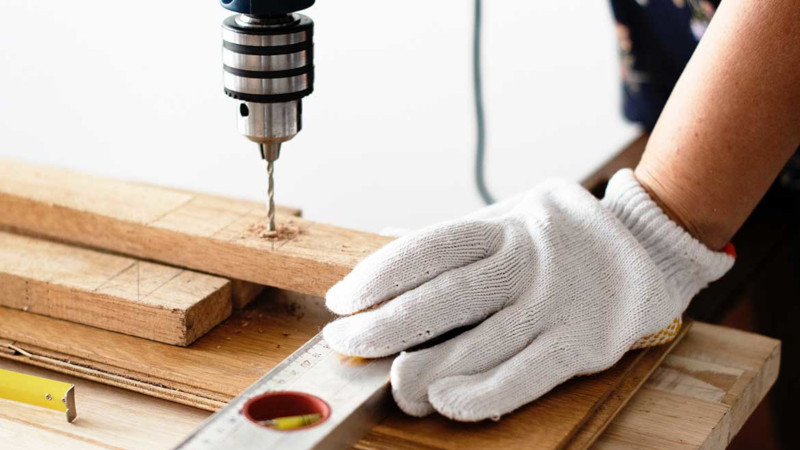
5. Natural wine corks
Maybe you don’t want everyone to know about that sneaky bottle of wine you finished this week to relax – worry not, there’s a solution! Recycle the bottles and add the natural corks to your compost. They will biodegrade fairly easily. Just be sure to check the packaging if you’re not sure as some companies now use plastic wine corks.
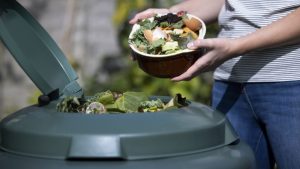
The benefits of organic compost
Composting your organic kitchen waste at home has a lot of advantages. By understanding exactly what went into the growth process, you can feed your plants in the healthiest way possible while lowering carbon emissions, using wasted food, and enriching your soil.
The Organic Trade Association states that as compared to synthetic fertiliser, organic fertiliser compost improves species biodiversity by 30%. It’s less expensive, healthier, and ecologically friendly, and because it prevents weeds and enhances moisture retention, you’ll need less water overall.
If you’re looking for a way to do your bit for the environment by making your own organic compost at home, then your first step is to invest in a home composting system for your garden. Do your research beforehand and find the best prices on home composting essentials and you’ll be ready to create the best garden compost for your garden at home.

